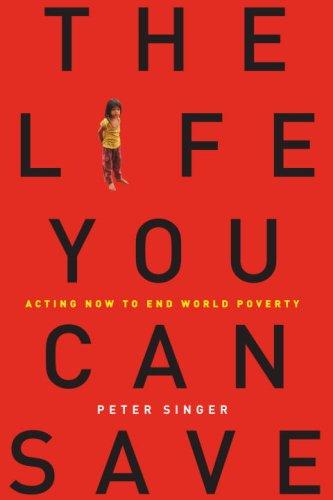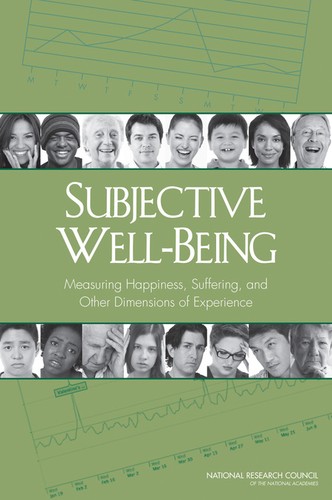Buddhist Economics
Subscribe to this topic via: RSS
Caution! Under Construction
Please be aware that this tag is still under construction and as such is missing information and may be changed or removed at any time. For all the content under consideration for this tag, see the “Buddhist Economics” folder on Google Drive.
Table of Contents
Books (8)
Featured:
-
🥇 Best of259 pages
See also:
Canonical Works (16)
Featured:
-
⭐ Recommended
Let the king provide funding for those who work in trade. Let the king guarantee food and wages for those in government service. Then the people, occupied with their own work, will not harass the realm. The king’s revenues will be great.
-
⭐ Recommended
This is called accomplishment in balanced finances.
-
Mendicants, a noble disciple who grows in ten ways grows nobly, taking on what is essential and excellent in this life. What ten?
-
He gives what is pure and excellent…
-
… a noble disciple who has four things is said to be rich, prosperous, and wealthy.
See also:
Readings (26)
Featured:
-
… the majority of philosophy is based on assumptions about the basic cognitive endowments of average individuals that totally disregard what is known about human development
-
In Kunming, meat has long been a sign of prosperity and status. Its accessibility marked the successes of the economic reforms. Yet Kunmingers were increasingly concerned about excessive meat consumption and about the safety and quality of the meat supply. Buddhist vegetarian restaurants provided spaces where people could share meat-free meals and discuss and develop their concerns about meat-eating.
-
… the lives and thought of two rather different radical, Zen Buddhists of late Meiji Japan in order to discern whether and in what ways their progressive political ideals were influenced by Chan thought and practice.
See also:
Audio/Video (18)
Featured:
-
🥇 Best of
The process by which money value has displaced other languages of value is one of the enormous trends over the last 200 years…
1h 12 m -
Early in the history of Buddhism, some monastics decided to stress the good merit of ostentatious donation to the Sangha. This early “prosperity theology” offered mercantile lay Buddhists an apologia for materialism and expansionism that profoundly reshaped Buddhism, Asia and the World.
1h 29 m -
I can have more economic opportunity and can therefore cultivate this generosity
See also:


